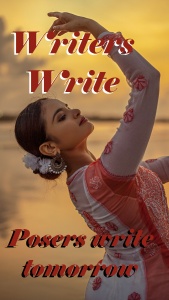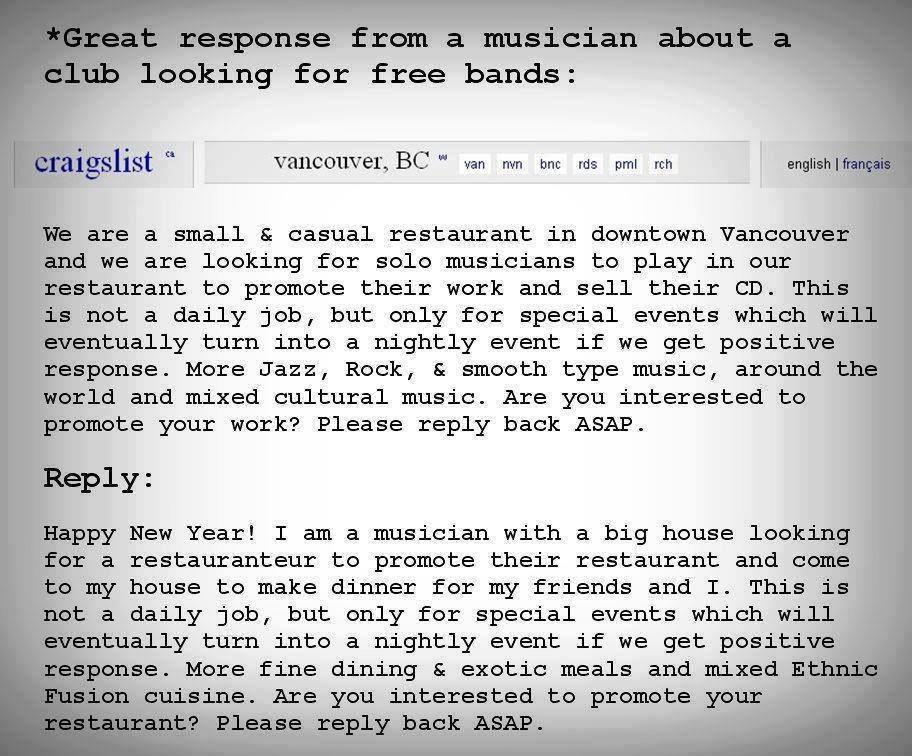
Photo by Jessica Ruscello on Unsplash
If you have been in the creative community any length of time, you might have heard the story about a pottery teacher. They ran an experiment, splitting the class in two – one group would have their grade based on the Best Piece, and the other group would have their grade based on the Amount of Pieces. (Variations on the story includes the grading period being a week to an entire term. Sometimes the group instructed to make a lot of pieces were told they could pick one out of the group to show as an example.)
What happens in the Best Piece group get stuck on their focus for perfection. They don’t have fun. They hardly make any art. And they do not experiment.
The group instructed to make lots, well, they had failures … and successes. They had some strange stuff as they explored different clays, and shapes, and techniques, and firing temperatures, and glazes. They had fun, made lot of art, and some of it was incredible. Overall they produced better art by making 20 or 50 pieces, then concentrating on just one.
I recently read several books by one author that showed her growth during a series of rapid releases in a two-year period. I actually do this a lot, reading several books by an author, because I want to see how authors grow over time. The first book tends to have first book issues. The second book straightens out some of them. But the fifth book, the author really has come into their own voice and style. And this progression is the same if the author did one book a year or all five books in the same year.
At this point, NaNoWriMo is nearly half over. Thousands of people around the world are writing incredibly messy first drafts. Some are going to spend a year (or ten) polishing the LIFE OUT OF THE STORY, until it is, in their view, perfection. Others will take this messy first draft, unfired, unedited, unglazed, and say it is good enough and publish it. But the real winners of NaNoWriMo are the ones who take a couple of draft passes, getting the story straight and correcting the grammar, send out the book to be beta, and then move onto the next story. Try a new genre, explore a new way to work a plot twist, extend the series – somehow they push themselves with their craft. When the NaNoWriMo manuscript comes back from beta, they polish the tale some more WITH THE NEW SKILLS they have picked up from the new story, and continue the process until it is GOOD ENOUGH to sell. Not perfect. But good enough. Now the polish process might take a year or two because Real Life demands its own time, but the point is they are attempting to produce like they are in the second group, making all the things, not in the first group, with one opus.
Don’t put all your eggs in one basket.
You don’t learn to play an instrument working on just one song forever. You don’t learn to do embroidery by mastering one stitch. You don’t become a better painter with just one canvas you keep touching up.
And you don’t become a better writer with just one story.
Write long, write short. Write epically, write small. Write lyrically, write crap. But write.
Have a great NaNoWriMo – whatever word count you end up with – is still a count, and still counts.



